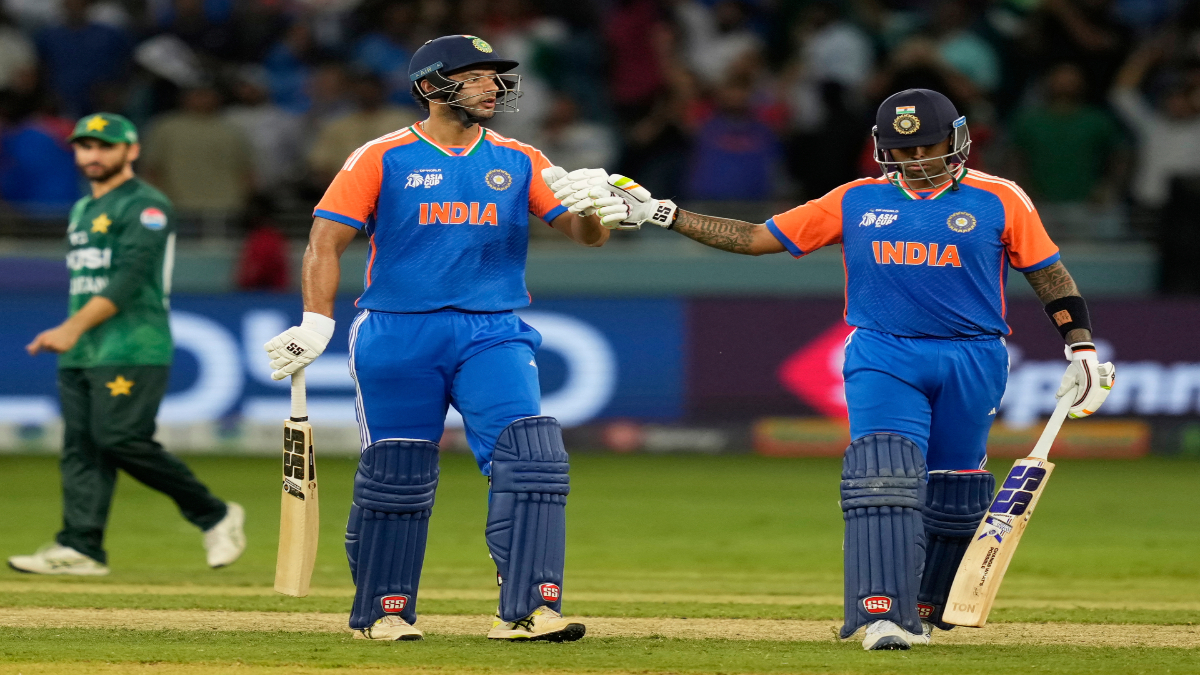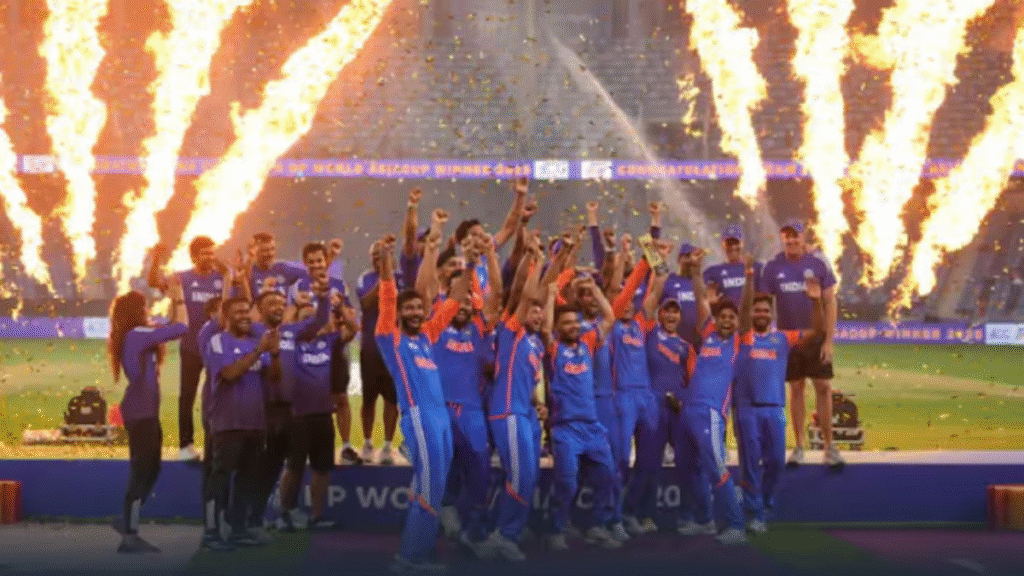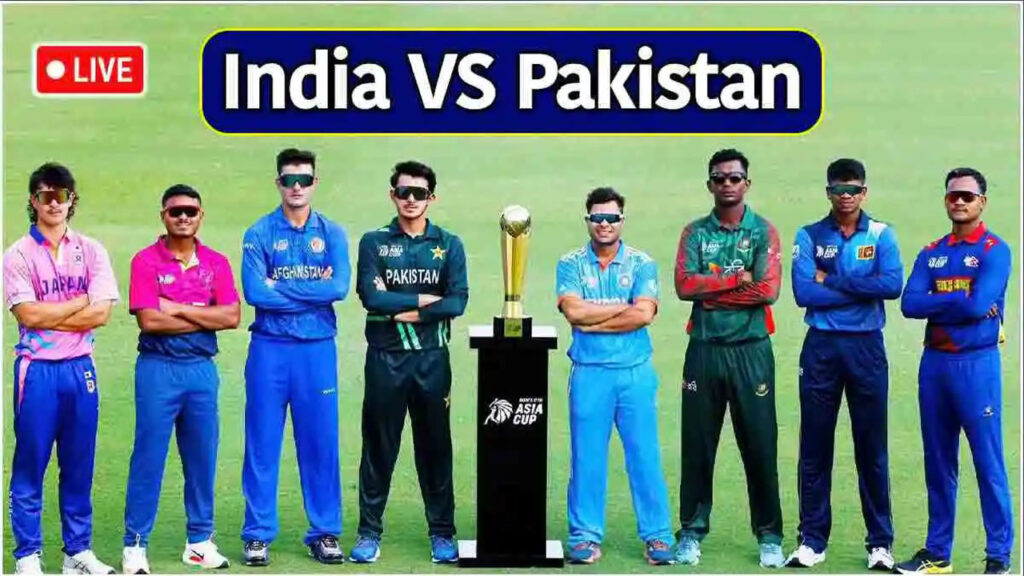Now Reading: Tensions Escalate as India-Pakistan Asia Cup Clash Ends Without Handshake
-
01
Tensions Escalate as India-Pakistan Asia Cup Clash Ends Without Handshake
Tensions Escalate as India-Pakistan Asia Cup Clash Ends Without Handshake

The highly anticipated Asia Cup clash between arch-rivals India and Pakistan concluded on a deeply controversial note in Dubai, as a commanding seven-wicket victory for India was overshadowed by a stunning and unprecedented lack of a post-match handshake. The customary display of sportsmanship was conspicuously absent, leaving players, fans, and officials bewildered and exposing the raw political tension that continues to spill onto the cricket field.
The drama unfolded moments after India’s captain Suryakumar Yadav struck the winning six to seal a comfortable chase of Pakistan’s modest target of 128. Instead of walking across the pitch to exchange the traditional pleasantries, Yadav and his batting partner, Shivam Dube, shook hands with each other and walked straight into the dressing room. The rest of the Indian squad followed, with the team’s support staff reportedly shutting the door behind them, leaving the Pakistani players standing in the middle of the ground, waiting for a gesture that never came.
The incident was not an isolated one, as the tension was palpable from the very beginning. The captains, Suryakumar Yadav and Salman Ali Agha, had also declined to shake hands at the pre-match toss, setting a precedent for the unusual evening. The no-handshake gesture at both the toss and the end of the match has since become the defining talking point of the tournament, with both sides offering contrasting explanations for the events.
In a post-match press conference, Suryakumar Yadav confirmed that the decision was a deliberate and united one, taken in alignment with the BCCI and the government. He stated that the team’s action was a “proper reply” and a statement of solidarity with the victims of the recent Pahalgam terror attack. “A few things in life are ahead of sportsman’s spirit,” Yadav said, dedicating the victory to the armed forces.
The Indian team’s stance, however, drew strong reactions from the Pakistani camp. Head coach Mike Hesson appeared visibly agitated by the snub, and Pakistan’s captain, Salman Ali Agha, protested by skipping the post-match presentation ceremony entirely. Pakistan’s team management has since lodged a formal protest with the Asian Cricket Council (ACC) against the Indian players, calling the behavior “unsportsmanlike.”
Hesson expressed his disappointment, saying, “We were ready to shake hands at the end of the game. We were disappointed that our opposition didn’t do that.” His frustration was evident as he was seen heading towards the Indian dressing room only to find the door closed, leading to a tense discussion with match referee Andy Pycroft.
The controversy has ignited a fierce debate among cricket pundits and fans alike, highlighting the fragility of a rivalry that has long attempted to separate sport from politics. While India’s dominant on-field performance was a testament to their strength, the post-match drama has left a lingering question about the future of sporting relations between the two nations.
As the Asia Cup progresses, with a potential for two more India-Pakistan clashes in the Super Four and the final, the “handshake-gate” incident has set a volatile stage. It serves as a stark reminder that in this particular rivalry, the contest extends far beyond the boundaries of the cricket field, often becoming a reflection of the deeper geopolitical landscape.









